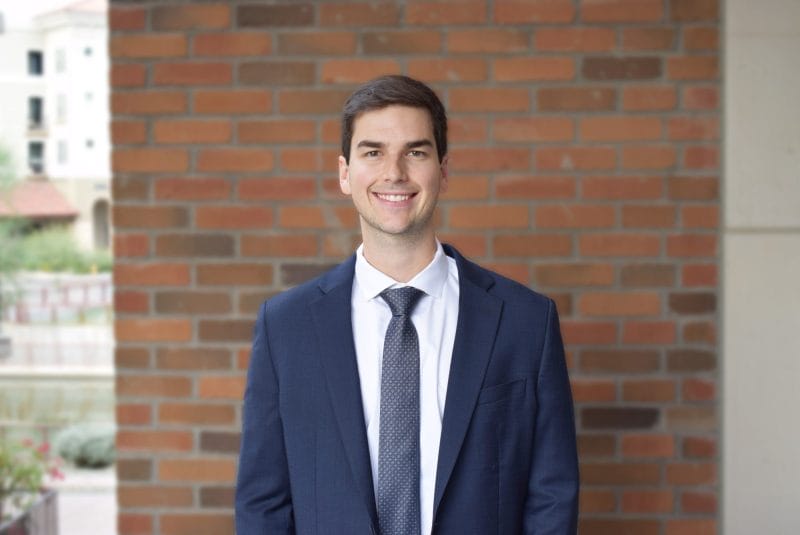
An evenly divided court could decide the fate of many cases watched closely by state and local officials.
By Daniel C. Vock | Gpverning
An evenly divided U.S. Supreme Court returns from its summer recess on Monday to confront a long list of thorny issues, including the death penalty, separation of church and state and several cases involving race. But just how far the justices are willing to go in those and other cases will likely hinge on the outcome of the presidential race.
The death last year of Justice Antonin Scalia left the court split 4-4 between liberals and conservatives. President Obama nominated a replacement for Scalia — federal appeals court Judge Merrick Garland — but the Republicans who control the U.S. Senate have declined to consider him until at least after the presidential election.







